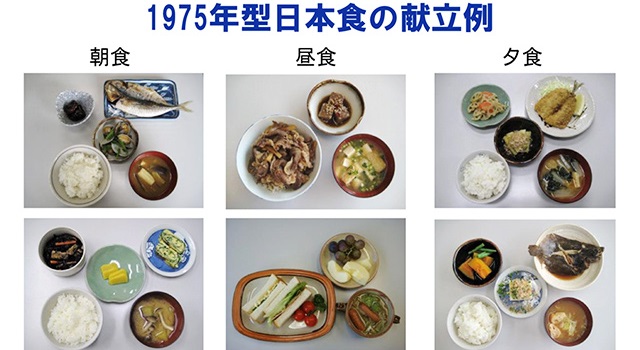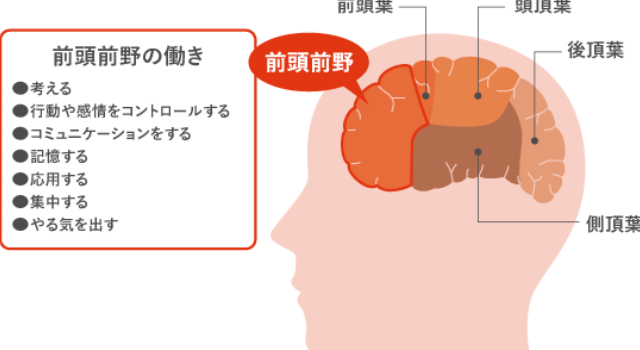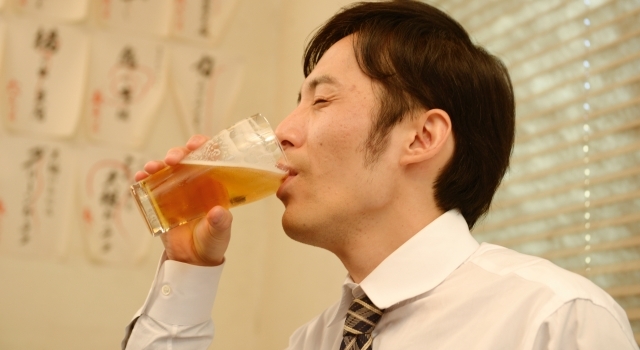Japan is known as a country of longevity, and it is said that the reason why health is maintained is that the staple food is rice and nutritionally balanced food such as fish, vegetables and soy products.
However, while Japanese food has been attracting attention from the world as a representative of healthy food, lifestyle-related diseases have increased recently due to the increase of meat and dairy products, including westernization of eating habits.
According to a 2016 study done at Tohoku University’s Graduate School of Agriculture on “Verifying the health benefits of Japanese food” found that Japanese food eaten around 1975 were the healthiest.
In this study, mice were fed a diet from 1960, 1975, 1990 and 2005 to examine which years had the best effects on health. The lowest risk was the Japanese diet from around 1975, which was found to suppress obesity, prevent diabetes, fatty liver, dementia as well as prolong life.
A meal from 1975, for example, consisted in the morning of mainly rice and various small side dishes. Most cooking methods were simmering, steaming and some raw, followed by boiling and baking, while refraining from frying. They actively ate soy products, seafood, vegetables, fruits, seaweed, mushrooms and green tea, as well as appropriate amounts of eggs, meat and dairy products.
If your meal is centered around Western-style dishes, such as mostly meat, it is best to also eat seafood, vegetables, beans, seaweed, mushrooms, etc., and if you eat a lot of meat and dairy products, it is best to reduce it to an appropriate amount.









